As a new parent, it's completely natural to worry about your little one's feeding intake, especially in those early weeks when everything feels uncertain. Your baby can communicate their needs. You just need to know what to look for!
Understanding Your Baby's Feeding Rhythm
There are some reliable patterns that can help put your mind at ease. After the first 24 hours, most babies will want to breastfeed 8 or more times in a 24-hour period. Don't worry if this seems like a lot, as frequent feeding is actually a sign that everything is as it should!
Here's what's completely normal:
- Some feedings might be just an hour apart
- Other times, your baby might go longer between feeds
- Feedings don't need to be perfectly spaced throughout the day
- Newborn feeding patterns are often irregular
Pro tip: If your baby hasn't woken to feed within 3 hours during the day, it's okay to gently wake them. Nighttime feedings can naturally be less frequent as your little one begins to understand the difference between day and night.
Reading Your Baby's Hunger Cues
Your baby is constantly communicating with you, long before they start crying! Learning to recognize early hunger cues can make feeding time smoother for both of you.
Early hunger signs to watch for:
- Rooting (turning their head and opening their mouth when touched)
- Mouthing movements
- Hand-to-mouth activity
- Grunting or making small sounds
- Kicking and waving arms
- Looking tense or alert
Remember: Crying is actually a late hunger cue. When you catch those earlier signs, you'll both have a more peaceful feeding experience.
Signs of a Successful Feeding Session
Wondering if your baby is actually getting milk during those long nursing sessions? Here are the reassuring signs that everything is working perfectly:
During feeding, look for:
- A comfortable latch where any initial pain subsides quickly
- Your baby's lips positioned at least 140 degrees or wider at the breast
- A large portion of the areola in your baby's mouth
- Lips that are flanged (rolled outward)
- Audible swallowing sounds
- Strong, deep, rhythmic sucking with wide jaw movements
You might also notice:
- Your breasts feeling softer after feeding
- A "let-down" sensation or leaking from the other breast
- Milk visible in your baby's mouth
After feeding, a satisfied baby will:
- Come off the breast naturally
- Look drowsy and relaxed
- Have relaxed hands and shoulders
- Sleep peacefully before the next feeding
The Diaper Detective
One of the most reliable ways to know if your baby is getting enough nutrition is by tracking their diaper output.
Wet Diaper Timeline:
- Day 1: 1 wet diaper
- Day 2: 2 wet diapers
- Day 3: 3 wet diapers
- Day 4: 4 wet diapers
- Day 5: 5 wet diapers
- Day 6 and beyond: 6 or more wet diapers daily
Look for light yellow to clear urine as this indicates good hydration.
Stool Pattern Guide:
- Day 1: Dark, tarry meconium
- Day 2: Brownish colour
- Day 3: Brownish yellow
- Day 4: Dark yellow and soft
- Day 5 and beyond: Yellow, semi-liquid consistency
Some newborns have a bowel movement after every feeding, while others may go a day or more between stools as they get older. Both patterns can be completely normal.
Weight Gain: The Golden Standard
It's completely normal for babies to lose a little weight in their first few days of life, typically between 4-7% of their birth weight. This is your baby's body adjusting to life outside the womb.
Here's the timeline to expect:
- Initial weight loss in the first few days
- Weight gain begins around day 5
- Birth weight typically regained by 2 weeks
Once your baby has regained their birth weight, you can relax and let them set their own feeding pace. Regular weight checks during the first two weeks can provide peace of mind and help catch any concerns early.
When Your Baby Wants More
Sometimes you might notice your baby seems satisfied after a good feeding, only to wake up minutes later wanting more. This is completely normal! Offer the breast again as it's likely to be a short "top-off" feeding that will help your little one settle into a longer sleep.
When to Seek Support
While most breastfeeding journeys have their ups and downs, certain signs warrant prompt attention from a lactation consultant or healthcare provider:
- Your baby hasn't started gaining weight by day 5 or hasn't regained birth weight by 2 weeks
- No bowel movements for 24 hours during the first week
- Fewer than several stools per day after the first week
- Fewer than 6 wet diapers per day, or diapers that don't feel substantially heavier
If you notice any of these signs, don't hesitate to reach out for professional support. Keeping a simple log of feedings, wet diapers, and bowel movements for a few days can provide valuable information for your healthcare team.
This information is provided for educational purposes and should not replace professional medical advice. Always consult with your healthcare provider for questions about your baby's health and feeding.
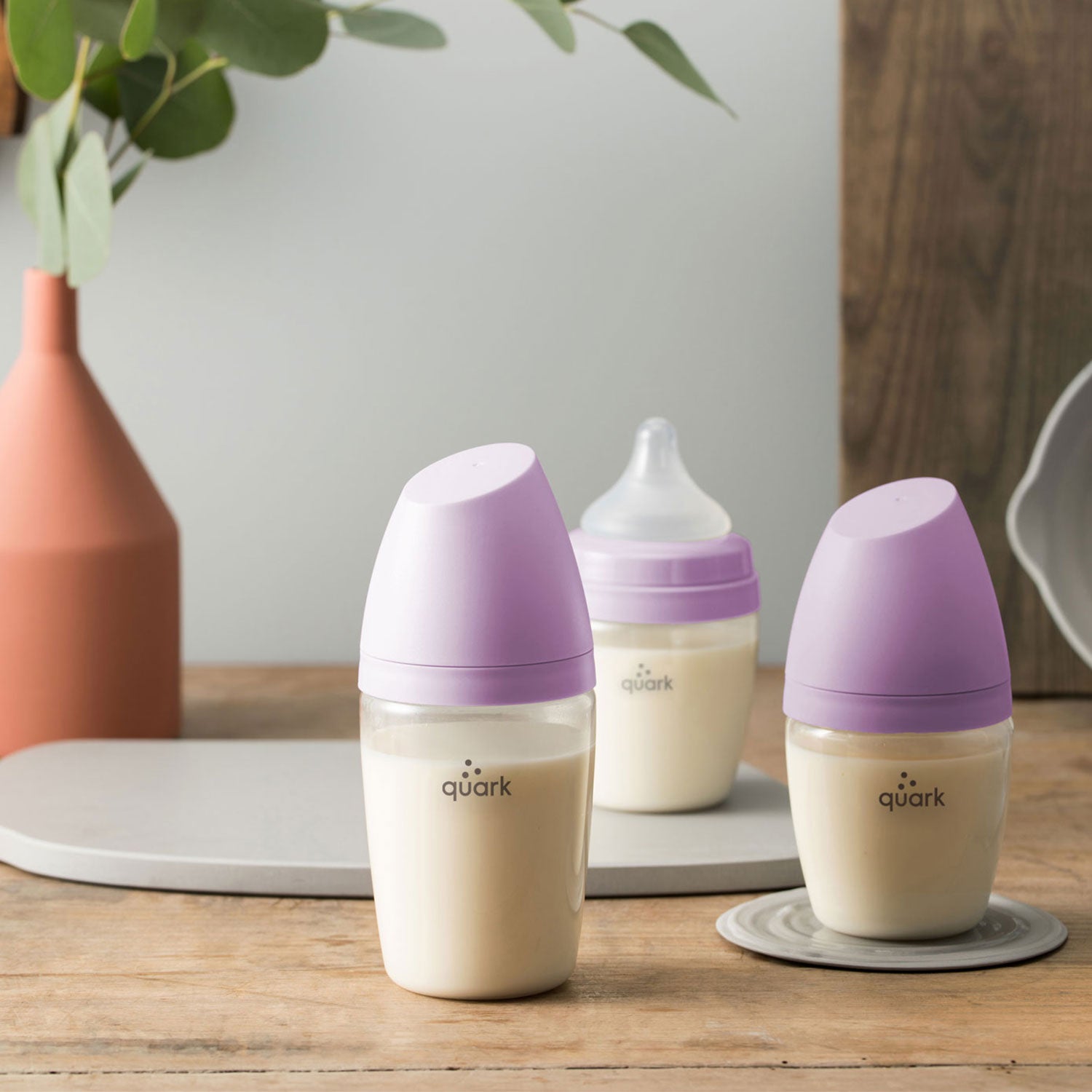




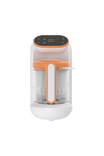
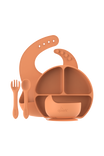
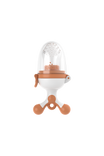
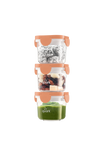
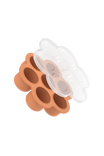
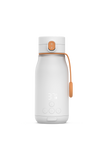
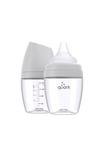
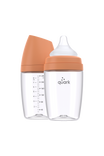
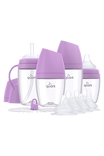
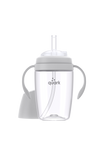
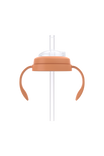
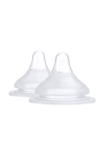
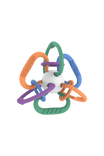




Laisser un commentaire
Tous les commentaires sont modérés avant d'être publiés.
Ce site est protégé par hCaptcha, et la Politique de confidentialité et les Conditions de service de hCaptcha s’appliquent.